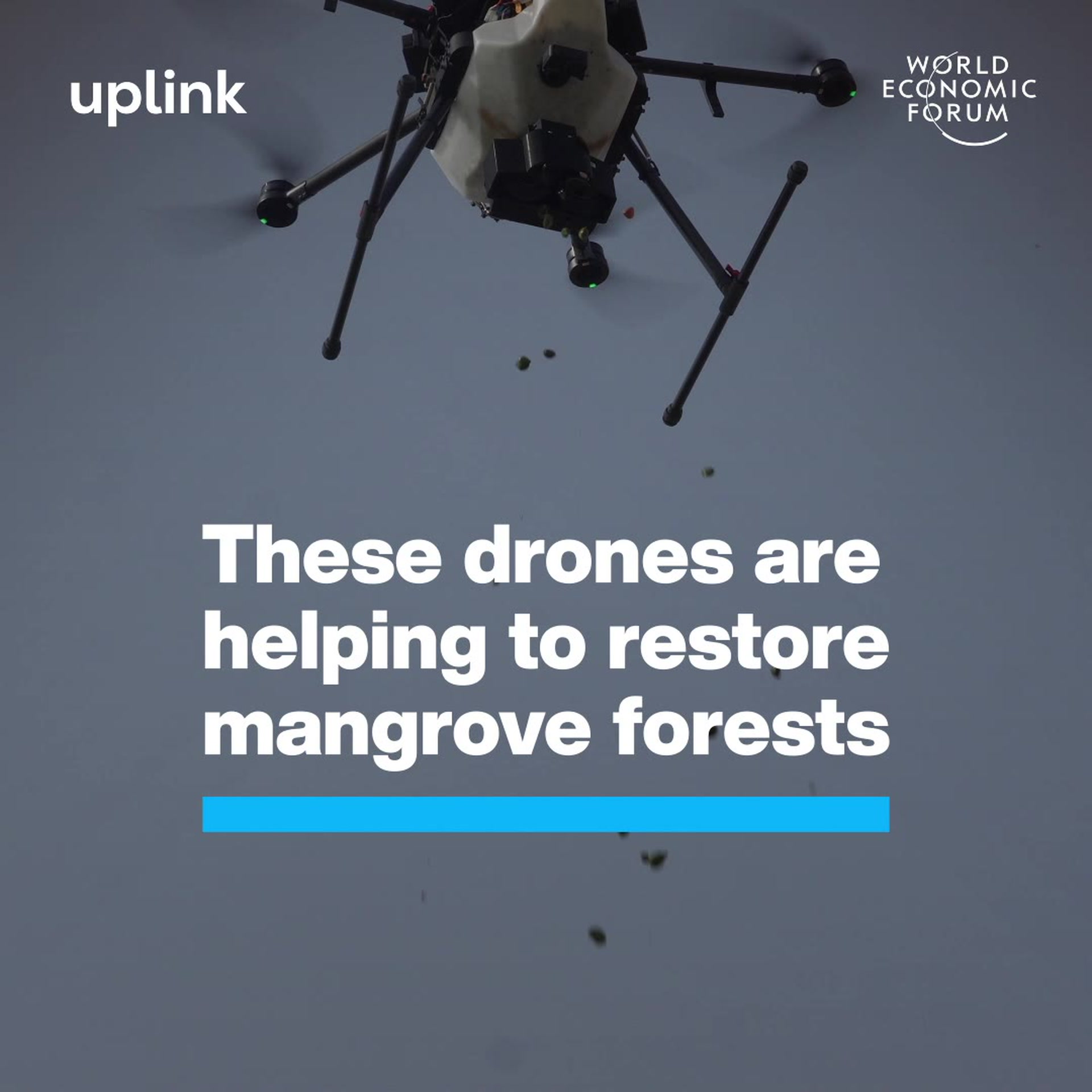
The Fourth Industrial Revolution represents a fundamental change in the way we live, work and relate to one another. It is a new chapter in human development, enabled by extraordinary technology advances commensurate with those of the first, second and third industrial revolutions. These advances are merging the physical, digital and biological worlds in ways that create both huge promise and potential peril. The speed, breadth and depth of this revolution is forcing us to rethink how countries develop, how organisations create value and even what it means to be human. The Fourth Industrial Revolution is about more than just technology-driven change; it is an opportunity to help everyone, including leaders, policy-makers and people from all income groups and nations, to harness converging technologies in order to create an inclusive, human-centred future. The real opportunity is to look beyond technology, and find ways to give the greatest number of people the ability to positively impact their families, organisations and communities.

These Drones Are Helping To Restore Mangrove Forests

Four-Wheeled Swiss Delivery Robot Can Walk And Drive

How Rwanda can leverage the Fourth Industrial Revolution to strengthen post-COVID-19 resilience
Rwanda's Centre for the Fourth Industrial Revolution aims to harness new technologies and Africa's young generation to boost resilience and equity for all.

Rwanda’s AI strategy: From vision to reality
The Centre for the Fourth Industrial Revolution (C4IR) has been a key contributor in helping shape Rwanda’s AI strategy.

Chatbots RESET Framework: Rwanda Artificial Intelligence (AI) Triage Pilot
In this insight report, the World Economic Forum’s Artificial Intelligence and Machine Learning platform, in close collaboration with the Centre for the Fourth Industrial Revolution in Rw...

Five ways that high-tech maps can help protect biodiversity
High-tech maps can provide a clear picture of which species are most at threat and why, helping to track and protect those on the brink of extinction

Will the world clean up 'information pollution' in 2022?
The proliferation of online misinformation is undermining trust in public health institutions and posing a serious threat to the pandemic response.

People trust AI fake faces more than real ones, according to a new study
AI can create faces that are indistinguishable - and more trusted - than real faces, finds a new study, which urges more safeguards to prevent deep fakes.

Could cities hold the key to accelerating net-zero progress?
In cities, where emissions are high, digital twin technology is able to provide accurate data to track and improve net-zero progress more efficiently.

This is how TikTok helped propel book sales to a bestselling year
Readers bought over 825 million print books in the US in 2021. Retailers are creating “BookTok Made Me Buy It” sections to include popular titles from the app.

How 'computer vision' could change healthcare, retail and more
Computer vision has a range of positive applications, including identifying diseases, improving customer service, and moderating social media content.

Metaverse real estate prices are booming. This is why
Prices for land in the metaverse are surging, but how does virtual real estate work, and why are people prepared to pay millions of dollars for it?